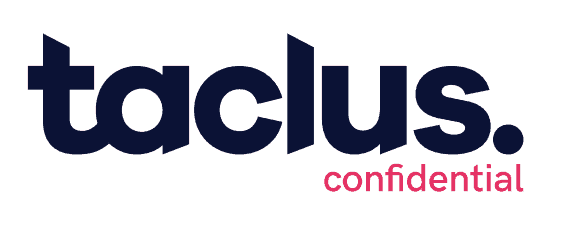For every business and organisation, dealing with confidential waste can be a headache.
In some of the worst cases, that headache can turn into a real horror story, with substantial fines and a big hit to an organisation’s reputation.
The Information Commissioner has imposed some substantial penalties in recent years, including fining an English county council which left files that included sensitive information about children in a cabinet sent to a second-hand shop. A fine of £60,000 was imposed in March 2017.
In 2016, a second county council left 45 bags of confidential waste in a disused building which had been sold off. They related to 100 people and contained highly sensitive information about adults and children. A fine of £100,000 was imposed.
Two English NHS trusts had substantial fines – one of more than £200,000 – in 2013 for failing to properly dispose of old computers which contained confidential data
Things are about to get much worse for those who don’t deal with confidential waste correctly. The General Data Protection Regulations (GDPR) come into force in 2018, and they state a company can be fined up to 4% of its worldwide turnover in the event of the most serious form of breaches.
The threat of a businesses folding because of a confidential waste data breach becomes very real.
Here are Taclus’ top 10 tips to avoid your confidential waste processes turning into a monster:
- Get secure systems in place to deal with confidential waste paper. If everything is done on an ad-hoc basis, that could end in a nightmare where things are left undone, or done badly.
- Communicate these systems to all your staff and keep a written record of them. If things do go wrong, you’ll need that.
- Know the difference between normal paper recycling and confidential waste. Anything with personal details on it can be used by identity thieves or your business competitors, including phone numbers, national insurance numbers, bank account details, and shift patterns. Always err on the side of caution.
- Make someone responsible for organising your secure shredding or waste handling process and get regular updates on how it’s working.
- Have secure storage systems on site to collect paper including sensitive details. These include lockable consoles.
- Think about your branded items and how you deal with them at the end of their useful lives. That includes work clothing, headed paper, and business cards. Don’t let someone use them to pose as you or your staff.
- Decide how you will deal with hard drives from old computers and laptops. They often contain highly sensitive information and should be shredded, rather than just wiped. All that wiping does is remove the directory. The information is still there.
- Do you issue company mobile phones? They will also contain contact details and might have sensitive documents downloaded on them. They will need to be handled and processed carefully.
- Don’t forget smaller items like camera memory cards and flash drives. They may well contain confidential information which must be shredded.
- Save your staff time and your business money by appointing an accredited company to handle your confidential waste – such as Taclus Confidential.
Why you should choose Taclus Confidential – a South Wales secure shredding company
We offer confidential paper waste and hard drive destruction services at affordable prices.
Taclus Confidential holds the accreditations for ISO 9001:2015 for quality management and ISO14001:2015 for environmental management, and has been certified by independent auditors IQS for both.
Taclus has also been selected as the confidential waste management partner for Keep Wales Tidy.
Are you looking for an affordable and secure shredding service in South Wales? If you need advice on dealing with the secure destruction of confidential waste, call our friendly and efficient team on 02920 676 714, or email [email protected].

